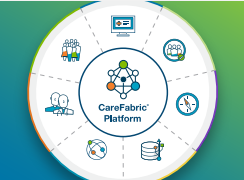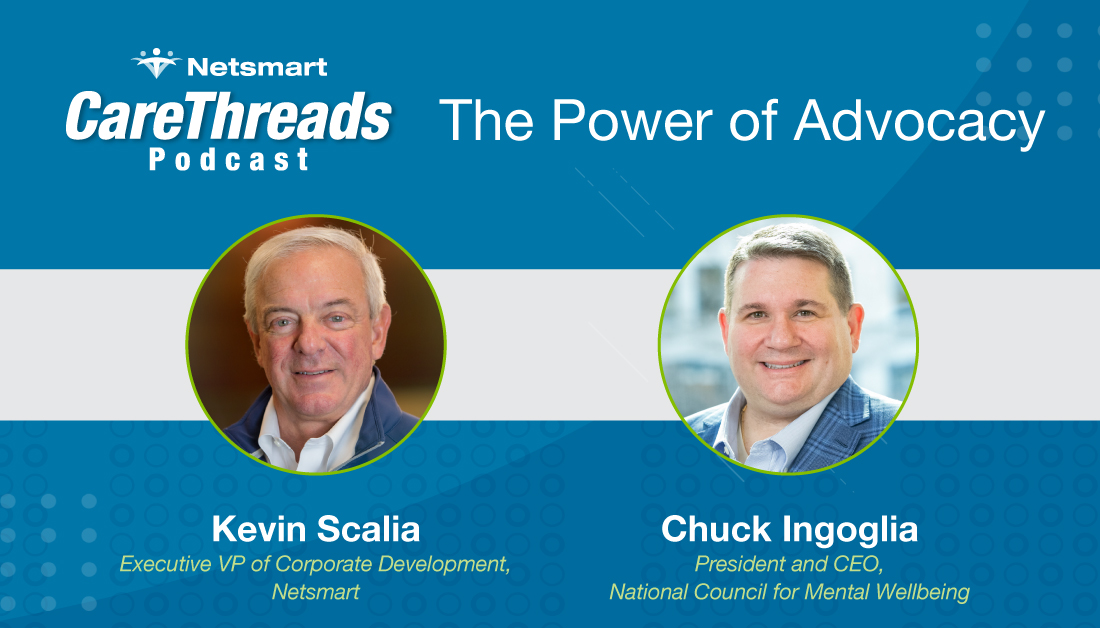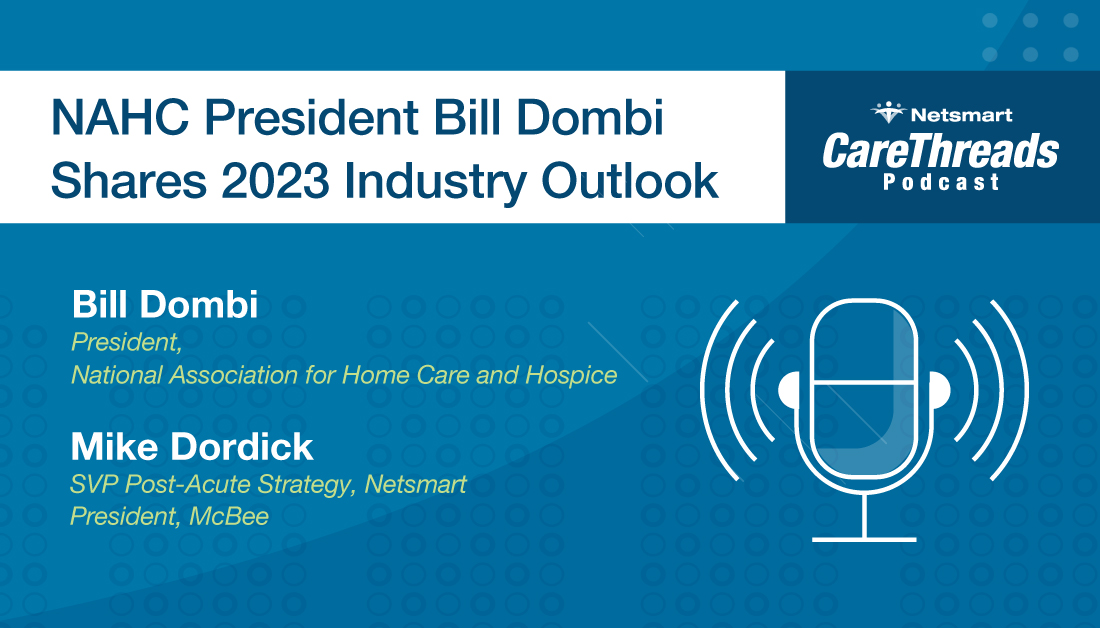Innovation in Behavioral Health (IBH) Model
On January 18, 2024, the Centers for Medicare & Medicaid Services (CMS) announced the Innovation in Behavioral Health (IBH) Model.
This new voluntary state model aims to improve health outcomes and overall quality of care for Medicare/Medicaid populations. IBH will support care management teams, enabling providers to address behavioral health, physical health, and health-related social needs (HRSNs) in order to provide integrated, whole-person care. Intended outcomes also include improved health equity outcomes and strengthened health IT systems capacity.
Participation: CMS will select up to eight states, the District of Columbia, or U.S. territories to participate. Interested states must apply to a Notice of Funding Opportunity (NOFO). Community-based behavioral health providers within selected states will be eligible to participate in both the Medicaid and Medicare payment models. The IBH Model is intended to guide community-based behavioral health practices from fee-for-service (FFS) to value-based payments.
Highlights: The Four Key Program Pillars include:
-
Care Integration, including the screening and assessment for behavioral, physical and social needs within a behavioral healthcare setting; person-centered planning and treatment of behavioral and physical conditions or closed-loop referral; monitoring of behavioral and physical health conditions, care plan adjustments based on health outcomes.
- Care Management, including a care management team with behavioral and physical health expertise that meets population health needs; the ongoing management of care plans, treatments and outcomes.
- Health Equity, the ability to screen, refer, and follow-up for health-related social needs; complete population health assessments and develop a health equity plan.
- Healthcare IT, including health IT infrastructure such as electronic health records (EHRs), interoperability standards, etc; telehealth tools that support integrated care delivery; practice transformation activities such as workflow improvements, staff development and retention plans, quality improvement, and more.
More Information
IBH Model Blog Announcement
Human Services Regulatory and Funding Review and Forecast Webinar
Source: CMS Innovation in Behavioral Health Model
Behavioral Health Information Technology Coordination Act
S. 2688
Lead Sponsors: Sen Markwayne Mullin (R-OK) and Sen. Catherine Cortez Masto (D-NV)
H.R. 5116
Lead Sponsors: Rep. Doris Matsui (D-CA-07), Rep. Ron Estes (R-KS-04), Rep. Sharice Davids (D-KS-03) and Rep. Bill Johnson (R-OH-06)
This proposed legislation authorizes grants totaling $100 million ($20 million per year over 5 years) to behavioral health providers to purchase software and support services needed to provide behavioral health care services. The grant program will be administered by the Office of the National Coordinator for Health Information Technology (ONC). The agency would have up to 18 months after passage of the bill to issue a Notice of Funding Opportunity (NOFO).
With a significant focus on integrated care, program requirements specify that behavioral health care providers receiving a grant shall use the grant funds to:
- Demonstrate the capacity to exchange patient clinical data with primary care physicians, medical specialty providers and acute care hospitals, psychiatric hospitals, and hospital emergency departments
- Promote, where feasible, the implementation and improvement of bidirectional integrated services, including evidence-informed screening, assessment, diagnosis, prevention, treatment, recovery, and coordinated discharge planning services for mental health and substance use disorders, and co-occurring physical health conditions and chronic diseases
More Information
Summary of the legislation
Ensuring Excellence in Mental Health Act
S. 2993
Lead Sponsor: Sen. Debbie Stabenow (D-MI)
This proposed bill includes a number of provisions to support the continued expansion and funding of Certified Community Behavioral Health Clinics (CCBHC), the emerging model of care for increasing access to a full range of mental health and substance use treatment services nationwide.
Highlights
- $51M+ in authorizations
- Selected Highlights
- Creates a Medicaid State Plan option for States to cover CCBHC services
- Defines State Plan CCBHC services the same as the services are defined under the PAMA Section 223 Medicaid demonstration
- Establishes a Medicaid CCBHC Prospective Payment System (PPS) and allows States to elect, via the State plan, an alternative payment methodology (APM) in lieu of the CCBHC PPS
- Establishes CCBHC services as a Medicare Part B benefit, with the services defined the same as in the Medicaid program
- Establishes a Medicare CCBHC PPS payment methodology
- Makes amendments to the Public Health Service Act (PHSA) to authorize a permanent CCBHC operating grant and other CCBHC grant programs
- Adds a new section to the PHSA authorizing the Secretary to issue CCBHC technical assistance grants
- Authorizes creation of a new HHS data collection infrastructure to support the various CCBHC programs
- Adds CCBHCs that are participating in Medicare or Medicaid as covered entities for purposes of the PHSA Section 340B drug pricing program
- Authorizes HHS to select private nonprofit organizations to function as accrediting bodies for CCBHCs
More Information
National Council for Mental Wellbeing Summary
Preserving Access to Home Health Act of 2023
S. 2137
Lead Sponsors: Sen. Debbie Stabenow (D-MI) and Sen. Susan Collins (R-ME)
H.R. 5159
Lead Sponsors: Rep. Terri Sewell (D-AL-07) and Adrian Smith (R-NE-03)
On November 1, 2023, the Centers for Medicare and Medicaid Services (CMS) released the Calendar Year (CY) 2024 Home Health Prospective Payment System Rate Update and Home Infusion Therapy Services Payment Update Final Rule. The Final Rule will take effect January 1, 2024.
The -2.890% permanent adjustment to payment rates for home health agencies in CY24 equals half of the full permanent adjustment of -5.779%, but there are concerns about the methodology used to determine the amount of the cuts and that rate reductions would total more than 6.5% over 2023 and 2024.
These reductions will have significant, long-term repercussions for home health patients and home health providers. It is estimated that more than half of Medicare-certified home health agencies will be operating with negative margins because of the reductions.
Netsmart joins the National Association for Home Care & Hospice (NAHC), the Partnership for Quality Home Healthcare (PQHH), LeadingAge, and other organizations in asking Congress to take action to prevent the rate reductions from being implemented on January 1.
Introduced in the summer of 2023, the Preserving Access to Home Health Act of 2023 would block the rate reductions and help ensure stability in payments to home health agencies by:
- Addressing cuts made to home health by CMS during the implementation of Medicare’s Patient Driven Groupings Model (PDGM)
- Repealing the requirement that CMS make determinations related to the impact of behavior changes on estimated aggregate expenditures
- Eliminating the authority of CMS to adjust home health payments based on such determinations under PDGM
- Instructing the Medicare Payment Advisory Commission (MedPAC) to review and report on aggregate trends under Medicare Advantage, Medicaid, and other payers and consider the impact of all payers on access to care for Medicare home health beneficiaries
- Adding requirements for Medicare home health cost reports to include data on visit utilization and total payments by program
More Information
CALL TO ACTION: Add your voice to advocacy opposing rate reductions
Bill Text
Partnership for Quality Home Healthcare news release
42 CFR Part 2 Reform
- Netsmart played a key role in passage of the Protecting Jessica Grubb’s Legacy Act (the Legacy Act) as part of the CARES Act in 2020
- The Legacy Act made significant amendments to the decades-old 42 CFR Part 2 substance use disorder (SUD) privacy statute to align it more fully with HIPAA for the purposes of treatment, payment and healthcare operations (TPO)
- This closer alignment with HIPAA enables appropriate access to a patient’s SUD treatment records, with patient consent, for only healthcare TPO to help ensure accurate diagnosis, effective treatment, and enable coordinated, “whole-person” care in an integrated healthcare ecosystem
- The law also strengthens protections against the use of SUD records in civil, criminal, administrative, or legislative proceedings, and retains strong penalties for information breaches
- The Legacy Act will be actuated upon issuance of a SAMHSA Final Rule, expected in late 2023
- Netsmart filed comments to the SAMHSA Notice of Proposed Rulemaking (NPRM) to help assure that the Final Rule closely aligns with the CARES Act statutory language
- Other commenters included the Partnership to Amend 42 CFR Part 2, a consortium of behavioral healthcare providers, patients, patient advocate organizations, clinicians, hospitals, payers, and others, including technology providers (Netsmart is a founding member)
More Information
Netsmart Summary: The Legacy Act
Netsmart comment filing: SAMHSA Part 2 NPRM
Partnership to Amend 42 CFR Part 2 comment filing: SAMHSA Part 2 NPRM
Medicaid Inmate Exclusion Policy (MIEP)
The National Association of Counties (NACo) reports that nearly 11 million arrested and detained individuals pass through more than 3,000 local jails each year, with an average stay of 25 days. NACo data also show that approximately 44% of jail inmates have a diagnosed mental illness, and almost 2/3 have co-occurring substance use disorders.
Counties are required by federal law to provided adequate healthcare for inmates, including the NACo-reported six of ten that are incarcerated and not yet adjudicated. However, Section 1905(a)(A) of the Social Security Act prohibits Medicaid matching funds from being used to pay for inmate medical care, even if they are eligible or enrolled. This Medicaid Inmate Exclusion Policy (MIEP) results in discontinuity of care for persons after release because of the time it takes to reenroll and for benefits to be restored after re-entry into the community. The significant cost of inmate medical care is the single largest line item in some counties’ budgets.
Netsmart is the technology partner to more than 250 county behavioral health, public health and other human services departments and authorities. We join NACo and the National Association of County Behavioral Health and Developmental Disability Directors (NACBHDD) in supporting legislation introduced to address the MIEP.
- The Due Process Continuity of Care Act (H.R.3074/S.971) would allow pretrial detainees to receive Medicaid benefits at the option of the state and provide $50 million in planning grant dollars to states and localities for implementing the MIEP repeal, improving the quality of care provided in jails and enhancing the number of available providers to treat this population.
- The Reentry Act (H.R.2400/S.1165) would allow Medicaid payment for medical services furnished to an eligible incarcerated individual during the 30-day period preceding the individual’s release.
More Information
NACo Policy Brief: Improving Health Services for Justice-Involved Individuals






